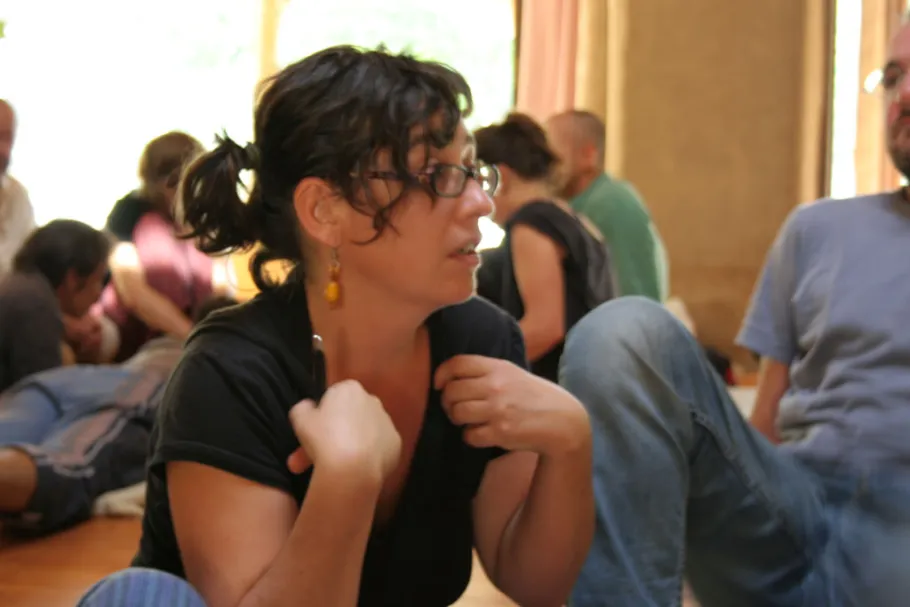
During the 5th EPT meeting in Spain from 24th till 28th September in Mas Franch we have identified with a World café technique which are the questions and answers leading the partnership to its future activities after the end of the Leonardo Da Vinci’s funding in July 2014. Here is the result from the Cultivate learning primary activity session. The first question asked within the group itself was "How do we continue further" and there were 5 suggestions raised:
- To create a pan-European permaculture educational game (contact person – Misha, Bulgaria) – see below for more details;
- To collect and share more teaching methods in permateachers.eu – under the identified main categories (contact person – Tomislav, Slovenia);
- To collect and share more teaching stories – from EPT, from failures and successes;
- To get to more potential users (contact person – Aljaz, Slovenia);
- To support the teaching permaculture process (contact person – David, Spain).
The second part was focused on the 5 suggestions above combined as one question – How do we support teaching permaculture? …and the small groups coming and going started suggesting different way to reach that goal and find out what could be it’s next steps. Here they are listed for your convenience as a reader :-) 1. To co-create a pan-European teaching tool - permaculture educational game based on the Settlers of Catan one which is internationally famous, but with new rules, elements and cards (with animals, plants and so on) specific for the different countries. The cards could be created by students during PDC exercise sessions to practice and strengthen their theoretical knowledge and to stack multiple functions that way by supporting the whole partnership with different European scenarios as case studies. The game could be further suggested for funding and publishing by the creators of the original one and the partnership supported financially by selling its product (there is an on-line version too available on playcatan.com with software to be installed for the full version). Teach and bring cooperation into the competitive world around!; 2. Repeating the micro-teaching sessions as a method by filming and uploading them to the C.O.M.P.O.S.T. (contact person – Martin, Ireland); 3. Create spaces to practice and demonstrate good practices that are accessible (showing available examples) – could be institutes or schools within the demonstration sites (contact person – Ana Bartoli, Italy); 4. To find ways of “popularization” of permaculture to a broader public by filming very short and inspirational intro’s to permaculture like the TED talks (contact person – Eva, Czechia and Andrew, Spain); 5. To create different economic models to teach and learn permaculture; 6. To translate existing permaculture texts into all languages of the partnership (contact person – Tomislav, Slovenia); To organize more Teacher’s trainings courses, and permablitzes from the people with good experiences to share (contact person – Aljaz, Slovenia and Marta, Spain); 7. To organize free intro’s to permaculture courses and market the topic that way, then continue with funded/paid PDCs or other more advanced into permaculture topics courses (contact person – Ana Bartoli, Italy and Rune, Denmark); 8. To create more levels of expertize than only PDC and diploma certificates. For example – an advanced course that goes deeper into specific topics and from there on to choose to follow the teacher’s path (or building, land, etc.) Here is a proposed structure: Intro – PDC – Advanced – Builder/Teacher – Land/Teacher’s guilds – Diploma (Expert) (contact person – Rune, Denmark). Send your questions to the contact persons if you need to know more about their ideas. Ask their country partner organizations for their e-mails/contacts and feel free to dive in if you hear the call. Welcome to Cultivate learning on the next partnership journey :-) On behalf of Navigation team - Misha
- Log in to post comments
